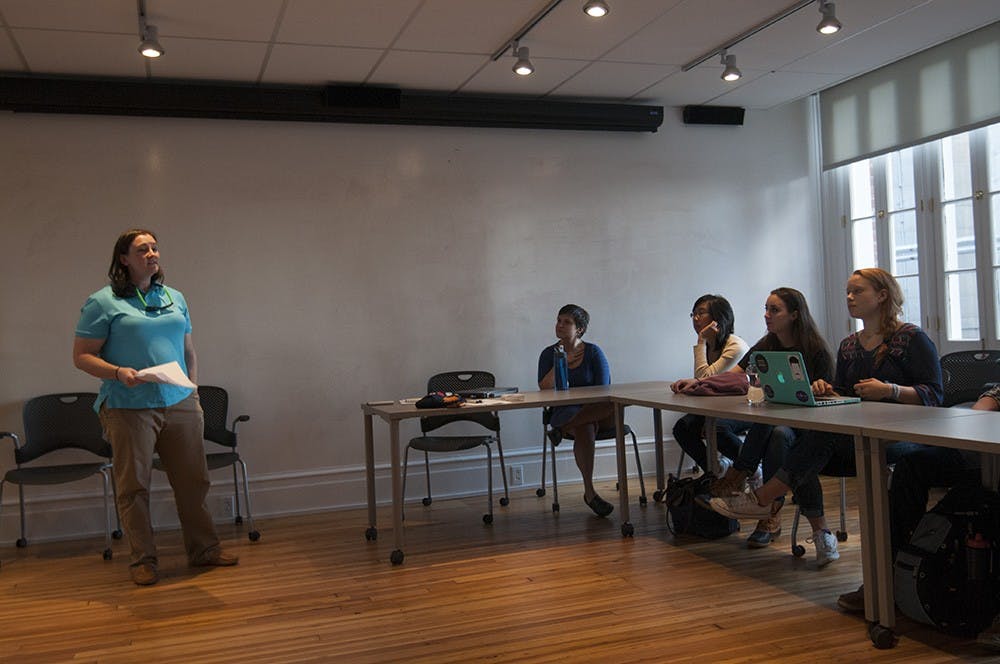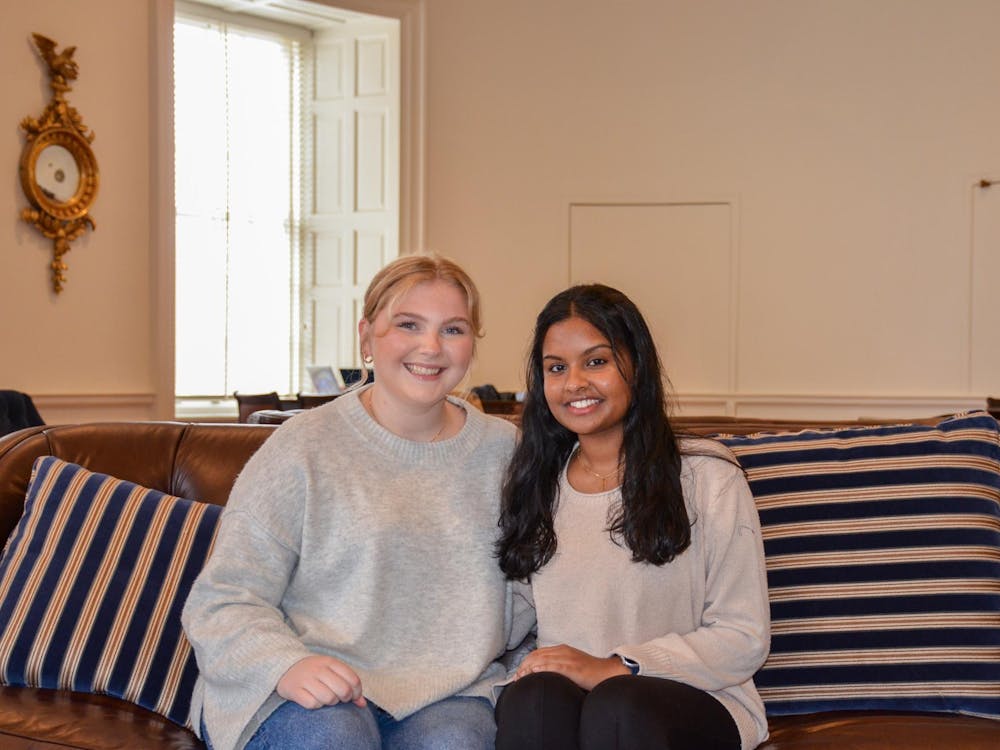When thinking of diversity, many terms come to mind: race, gender, sexuality, religion — the list goes on. Student leaders, however, have noticed that one significant term is often missing from this list: disability.
Last week was Disability Acceptance Week at the University, and students worked to spread as much knowledge as possible about disability acceptance and all it entails. To promote acceptance, Student Council held events throughout the week to inform students about various disabilities. Events ranged from guest speaker Robert Silverstein discussing the history of the Americans with Disabilities Act, to a movie and discussion about autism.
“A lot of the things we focused on this week were things that you may not necessarily think of immediately as disabilities, like autism and deafness,” third-year College student Sophia Naide said. “We did that on purpose, because we wanted to expand people’s definitions of diversity at the University.”
Wednesday featured one way to become more accepting of disability: accessibility ally training. This training, led by Employment Equity Manager Rachel Spraker, discussed actions students can take to become more accepting of disability.
Concluding the training, participants received “accessibility ally” stickers to put on their belongings. The idea behind the stickers is to show people students are available to help them with accessibility.
To ensure people knew about the events, Naide and other Student Council members prioritized publicity.
“We printed and posted fliers, we hand-billed in the amphitheater a lot, we did Facebook and a lot of emailing,” Naide said.
While the turnout rate was on the smaller side for some of the events, OpenGrounds Program Manager Angela Nemecek said this may have actually been a positive thing.
“I’m a big proponent of cultural change, one person at a time,” Nemecek said. “In some ways, I think talking to someone one-on-one can be more valuable than talking to a room of 200 people in a lecture. That engagement with that person is great.”
Naide hopes to expand this impact in upcoming years through increased publicity in the classroom.
“Some people have found out about this week through their courses, [so next year we will] send this information out to different departments in order to raise more awareness,” Naide said.
Next year, Nemecek also hopes to expand programming to cover another facet of disability: mental health.
“I think it’s important to consider mental health issues and emotional functioning as a realm of disability,” Nemecek said. “Next year, I definitely want to do more about partnering with more mental health initiatives to make this week more comprehensive.”
While this week itself is not new, this is the first year the week was called “Disability Acceptance Week.”
“[The week of events] used to be called ‘Disability Awareness,’ [but] we changed that last year to be ‘Acceptance,’” Nemecek said. “It doesn’t really matter if we’re aware of something if we’re not accepting it.”






